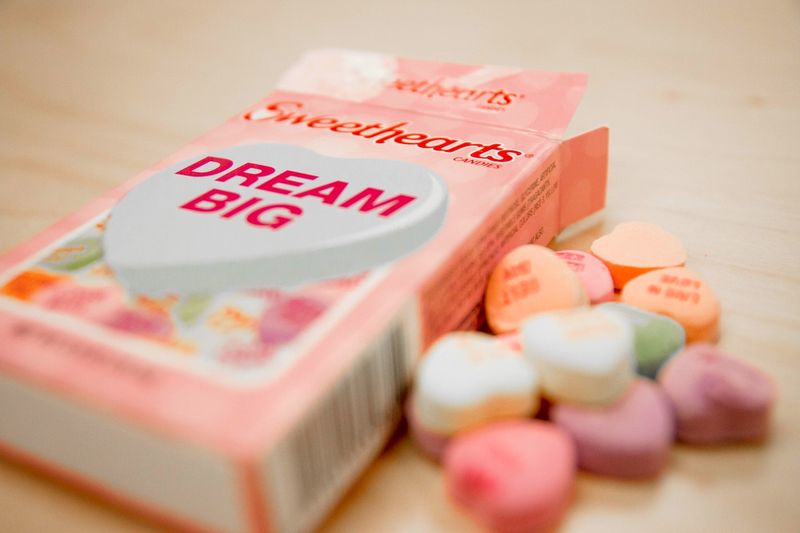Hi, this is Colton from Hedgehog. We specialize in automated crypto investing. Download the app on iOS or Android and create your diversified crypto portfolio. Once you set it up, Hedgehog rebalances while you sleep. (And also during the day.)
Quick reminder: Hedgehog's v1 web platform is shutting down this week. Migrating to the mobile app is as easy as logging in with your v1 account, but don't hesitate to get in touch if you need help.
Are you winning, son?
Today's topic is participatory mechanisms. Sounds fancy, but it just means the methods for people to get involved with crypto projects.
We've discussed before how the promise of blockchain gaming has yet to pan out. There are plenty of crypto games, but none of them is a big winner, and none is better-known for simply being a fun game than for crypto speculation.
What has been more successful, at least within the crypto community, is the emergent play of rooting for an NFT project or joining a DAO. Instead of the game being bolted onto an economic system, the economic system is the game. Gameplay looks like buying in, forming loose alliances, and performing stunts to attract more members and boost the value of the assets (whether monetary or cultural cachet — ideally both). "Don't let your memes be dreams" is the attitude.
More complex situations have evolved as crypto projects mature and add new ways for users to interact. For example, the "ragequit" mechanism, which entails cashing in your asset for a proportional share of the project's treasury. It comes into play when there is fierce factional disagreement, as was recently the case with Nouns DAO:
DAOs are the cryptocurrency movement's version of a company – but with more democracy and (ideally, theoretically) zero leaders. Anyone who buys a DAO's crypto asset – in Nouns DAO's case it's an NFT – gets to vote on how the group spends its money and makes decisions. But the bylaws of these groups are ever-evolving, and can get messy real fast.
Things got messy in Nouns DAO. The NFT experiment lost over half its $50 million treasury last week to a subset of its own disgruntled investors. They split from Nouns DAO; to use the crypto term, they took the "fork" in the road.
The fork was the culmination of months of contentious discussions around running Nouns DAO, a well-known crypto club with plenty of internal drama. There was a heated discussion whether to even allow forks; ultimately the community made the decision to allow them on the ground that the option would improve overall governance – as a political innovation, a form of protection for any dissenting movements and a step toward greater decentralization. Its designers believed it could be adopted by other DAOs too.
But what happened next – an extremely expensive fork – is now being characterized by some observers as a backfiring. Instead of protecting Nouns DAO from 51% attackers – a core fear of every decentralized crypto project – it attracted them. Savvy arbitrageurs came around and have since played Nouns DAO's governance game for profit.
What was this fight actually about? Community member (and Bitwise CTO) Noun 40 commented, "the biggest difference in viewpoint between OG nouns and forked nouns is that the former believes the treasury is meant to be spent and the latter believes it is meant to be preserved/grown."
As in, some holders were in favor of the aforementioned attention-getting stunts, whereas others wanted "an eth staking social club of sorts" that hung onto its money. Read the CoinDesk article for a full rundown of the conflict.
While the details of the battle are interesting, it's equally interesting that it took place at all, especially considering the large sum of money involved. This is the real crypto game — and it's played for real stakes.
Quick Hits
Continuing with our theme of interaction:
- Trading Volume On Social App PostTech Crosses $5M
- Arbitrum DAO treasury boosted by $57 million in unclaimed airdrop tokens
- "The Party Protocol is the most powerful protocol for onchain groups."
- Walmart to sell Pudgy Penguins toyline in 2,000 stores
- ApeCoin Community To Acquire Top NFTs Through New DAO
- FarmVille co-creator's startup raises $33 million from a16z crypto and others
The FarmVille guy's company is called Proof of Play. He's the latest to take a swing at blockchain gaming:
"I saw first-hand what the amount of energy and storytelling players put into games they love. When [FarmVille] shut down in 2020, however, over a billion hours of playtime, creativity, and investment was lost," Mahajan said in a statement. "Realizing this, I felt compelled to find a better way to make games timeless."
The concept remains compelling, but no one has nailed it.
Have you tried any crypto games? What did you think?
Keep hedging,
— Colton
To get future newsletters delivered straight to your inbox every week, sign up here! Check out past newsletters in the complete archive.






